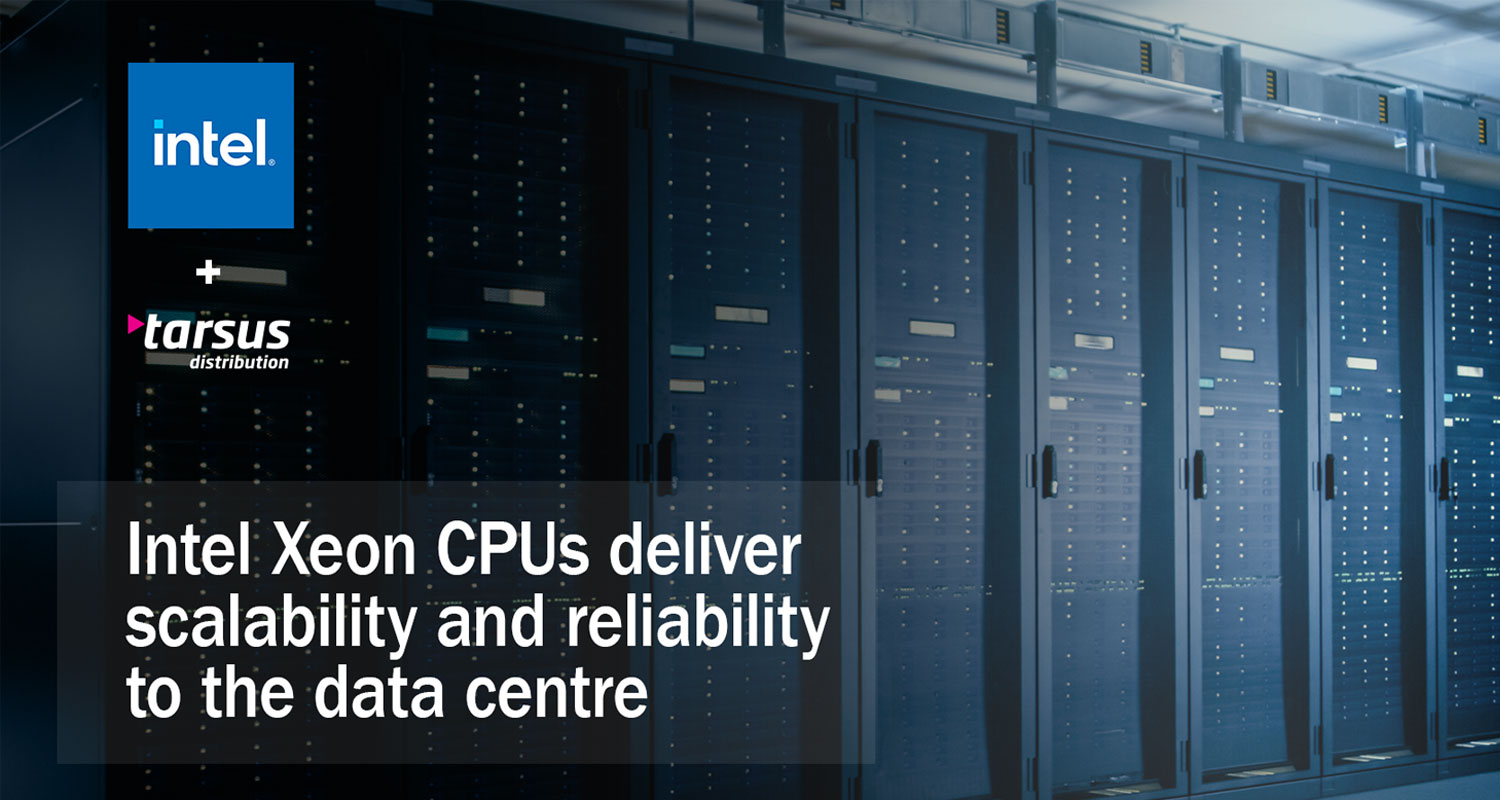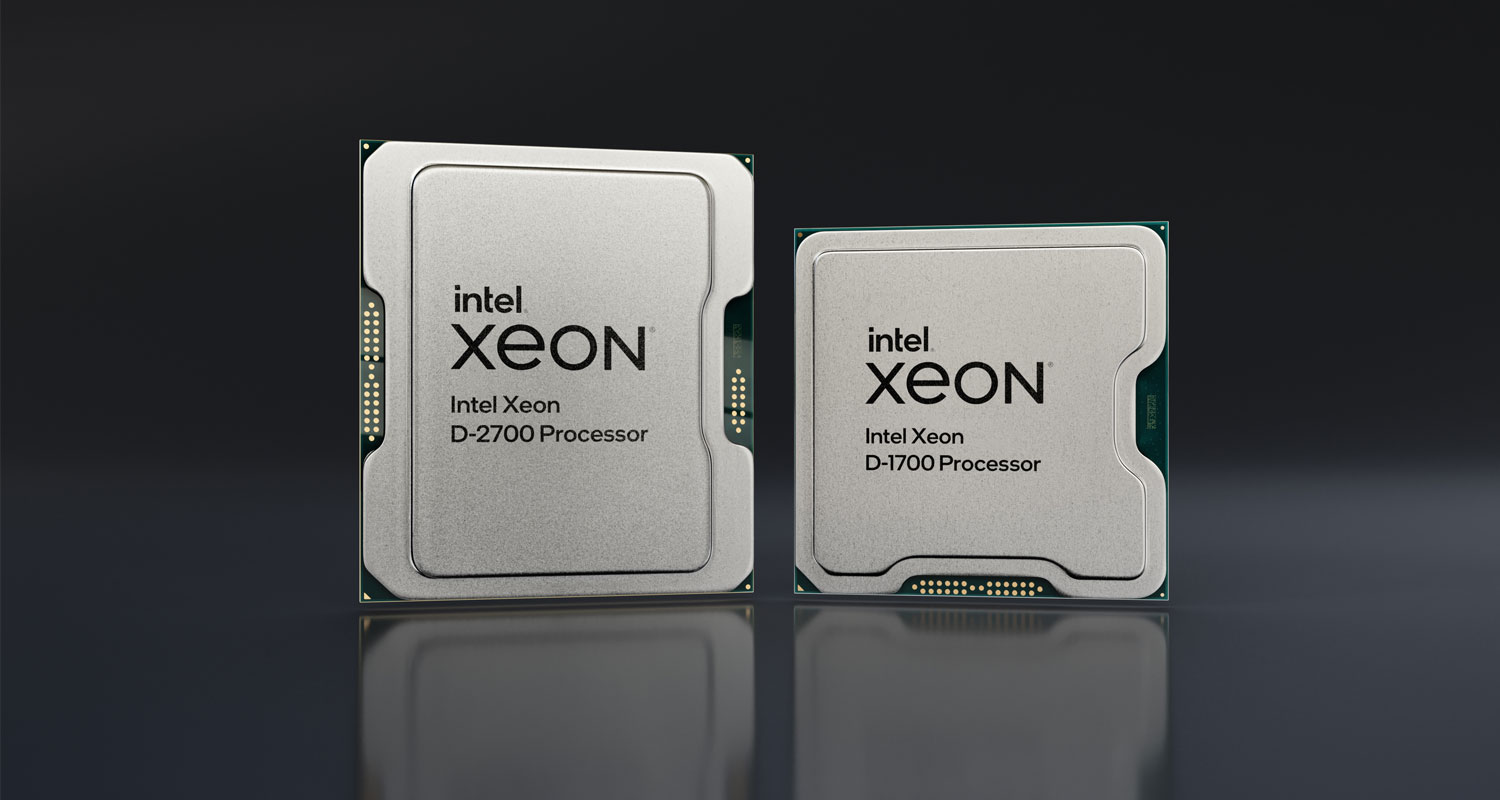 Enterprises today are recognising the need to keep up with the pace of today’s ever-changing digital world. Faced with disruptive and emerging technology trends, alongside the need to create digitally enhanced products, services and experiences, adopting a digital transformation strategy has become key.
Enterprises today are recognising the need to keep up with the pace of today’s ever-changing digital world. Faced with disruptive and emerging technology trends, alongside the need to create digitally enhanced products, services and experiences, adopting a digital transformation strategy has become key.
The global wave of digital transformation is, in turn, fuelling the demand for flexible compute, networking and storage. More crucially, tomorrow’s workloads will require infrastructures that can seamlessly scale to support immediate responsiveness and a wide range of performance requirements. With this in mind, it is clear that data centres and networks need to modernise and evolve to keep pace with such changes.
The heart of the data centre is of course the server — the machine that stores, retrieves, and sends files and data to other computers on its network. Businesses need to choose a server based on their performance requirements, appetite for downtime, security, scalability and many more factors.
It is imperative to understand, however, that you need to choose a server with specs that will enable it to not only perform today, but well into the future as well. Luckily, the Intel Xeon range of CPUs lays the foundation needed for a powerful data centre platform, one that takes agility and scalability to a whole new level.
The Xeon range sets a new level of platform convergence and capabilities across compute, storage, memory, network and security. It is designed to help businesses accelerate their most ambitious digital initiatives with a feature-rich, extremely versatile platform that was built with data centre modernisation in mind.
Consistent, pervasive performance
At the heart of every processor lies the core, which reads instructions that are sent to it from the other parts of the machine, and it writes instructions for those other parts, too. The higher the number of cores a processor has, the more instructions it is able to read and write, and the faster it can run programs.
Intel Xeon CPUs have a large number of cores and include special features that make them ideal for running intensive programs, as well as mission-critical tasks.
All processors also have clock speeds, which determine how quickly the processor will process, or how long a user has to wait, to get the information needed from a server. This is measured in gigahertz, and the faster the clock speed, the more rapid the processing.
To this end, Xeon features mesh architecture and a wide range of expanded resources, enabling a new level of consistent, pervasive and breakthrough performance. Companies can, ultimately, scale workloads securely and reliably from edge to cloud, unlocking the cloud’s full potential with Intel’s Xeon CPUs.
These CPUs are now enhanced for artificial intelligence and the most popular AI software frameworks, enabling users to go from concept to real-world scale at a rapid rate, while also reducing costs and maximising return. It enables them to optimise the AI data, modelling and deployment lifecycle, as well as accelerate analytics at every stage, improving their time to insight.
 Intel Xeon Scalable processors bring the edge-to-core foundation that enterprises and communications service providers need to build open and agile networks that support 5G use cases.
Intel Xeon Scalable processors bring the edge-to-core foundation that enterprises and communications service providers need to build open and agile networks that support 5G use cases.
Keeping data safe is key to extracting value from it, and the capabilities in the Xeon Scalable will help users not only solve their toughest data challenges, but improve data confidentiality and integrity, too, as Xeon offers data protection across the full compute stack.
Exciting features
These CPUs also offer several compelling features, such as error-correcting code (ECC) memory. Basically, ECC memory helps prevent soft errors — which may cause data corruption — from happening while the processor is reading and writing information. What sets Intel Xeon processors apart is that they have a specific core whose sole job is rooting out errors created while data is being written or read.
Another feature is Intel’s hyperthreading, which significantly increases the CPU’s processing power, by allowing each core to undertake two actions at the same time. Considering that Intel’s most powerful Xeon processors boast 18 cores, this means that with hyperthreading, they have the processing power of a staggering 36 cores.
In a nutshell, the Intel Xeon range delivers next-generation enterprise capabilities to organisations, via a future-ready platform that can meet the needs of today’s hybrid-cloud, data-fuelled era, while at the same time helping to enhance daily operations.
Learn more about Intel Xeon
Regardless of whether it is supporting critical workloads at the edge, building a secure cloud or helping professionals stay productive, there is an Intel Xeon processor designed to meet every organisation’s computing needs.
It is worth noting that although the majority of organisations would not be able to stay in business without the right server, most still don’t really know exactly how the server works, never mind the details of its components.
Since the most important thing to remember is that all CPUs are not the same, it is imperative that when choosing the right server — and with it, the right CPU — enterprises take their guidance from the right partner. This will be one that has the knowledge and expertise to know which device best suits your needs, as this will save a fortune in time and money in the long run.
A trusted partner like Tarsus Distribution will provide context and expertise about the types of CPUs available and give any organisation the best advice on where to start its journey.
To learn more about how Intel’s Xeon range of processors can empower transformation in a digital world, click here.
This promoted content was paid for by the party concerned




